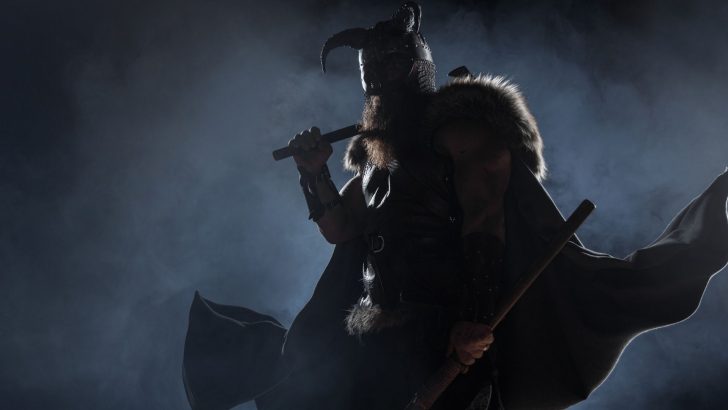When we think of Vikings, we usually picture horned helmets, longboats, and fierce warriors. But there’s so much more to their story.
The Vikings weren’t just raiders. They were curious, bold, and unbelievably skilled explorers. Long before maps and modern technology, they sailed across treacherous seas, reached new continents, and connected faraway cultures.
Their spirit of adventure was unmatched for their time. Here’s a closer look at why the Vikings deserve the title of the greatest explorers of their age.
1. They Reached North America Before Columbus
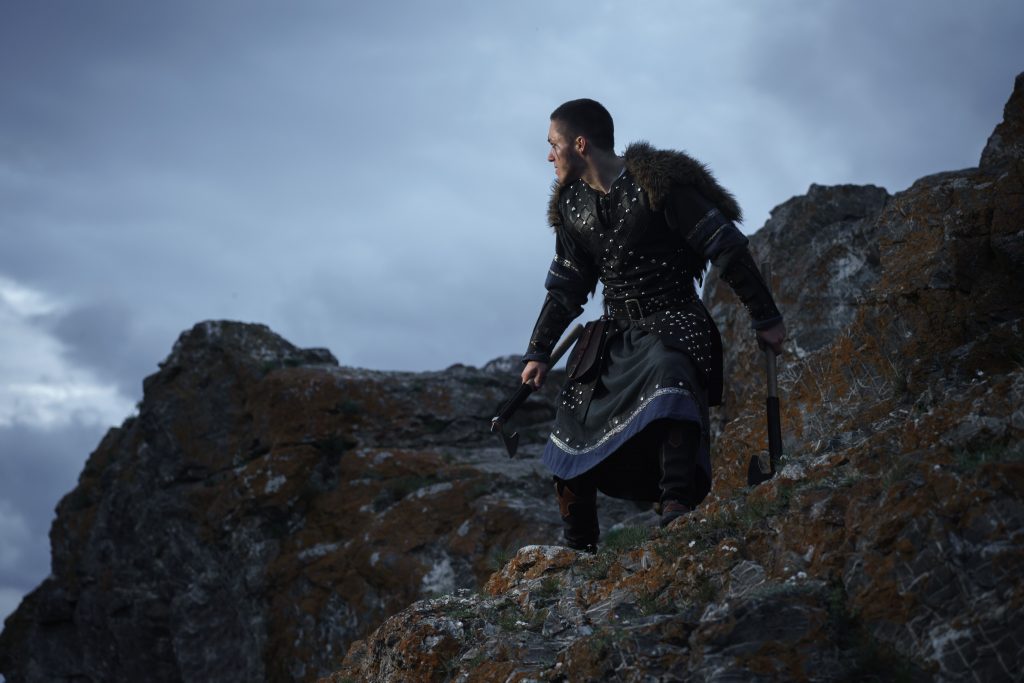
Centuries before Christopher Columbus ever set sail, the Vikings had already made it to North America.
Leif Erikson, son of Erik the Red, is believed to have landed on the shores of present-day Newfoundland around the year 1000 AD.
They called it “Vinland,” and traces of their settlement still exist. Think about it—they crossed the freezing North Atlantic in wooden ships with no GPS, just the stars and their instincts.
Their bravery and navigational skills helped them reach lands that were completely unknown to the rest of Europe. That’s not just impressive, it’s historic.
2. They Mastered Long-Distance Sea Travel
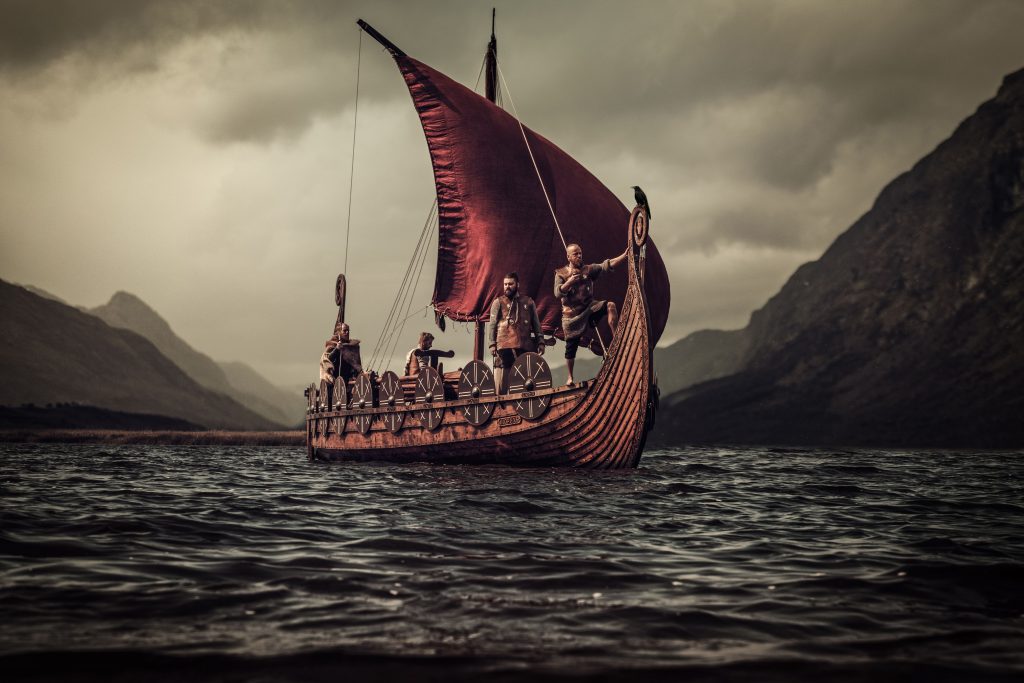
The Vikings built ships that were way ahead of their time. Their famous longships were fast, flexible, and could sail in both deep and shallow waters.
These vessels allowed them to explore rivers, cross open seas, and land practically anywhere. Vikings didn’t fear long journeys—they embraced them.
They used the sun, stars, birds, ocean currents, and even the color of the water to find their way. With these tools and their unmatched shipbuilding, they reached places most of the world didn’t even know existed yet.
3. They Explored from North Africa to the Arctic
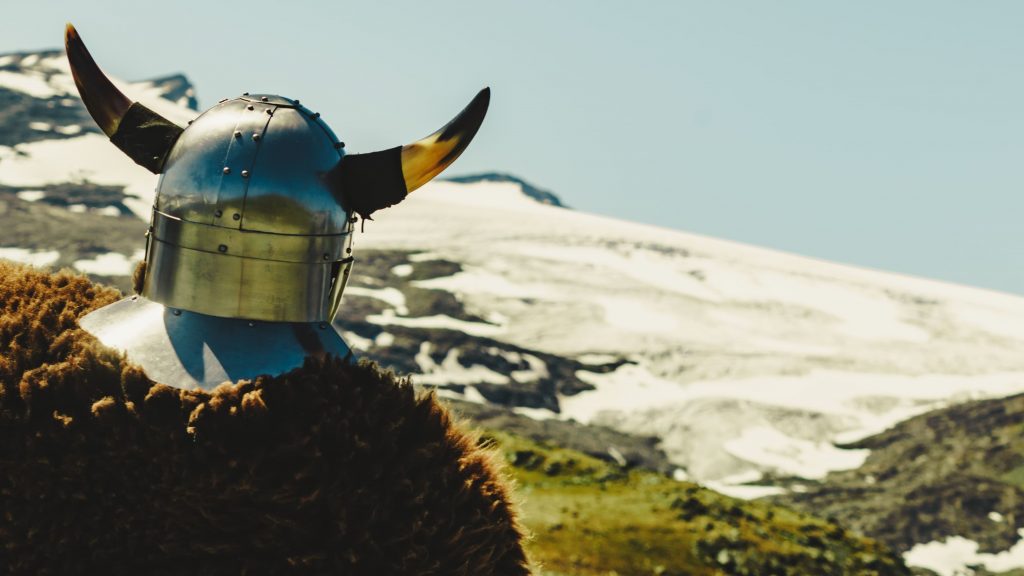
While most medieval Europeans rarely left their hometowns, the Vikings were traveling the world.
They reached the icy edges of Greenland and the Arctic, explored the British Isles, and sailed down to the warm coasts of North Africa.
They crossed the Baltic Sea and navigated rivers deep into modern-day Russia and Ukraine. They were fearless and curious, going wherever opportunity took them.
For a time when most of Europe was pretty isolated, that kind of reach was nothing short of extraordinary.
4. They Founded Settlements in Harsh, Unknown Lands
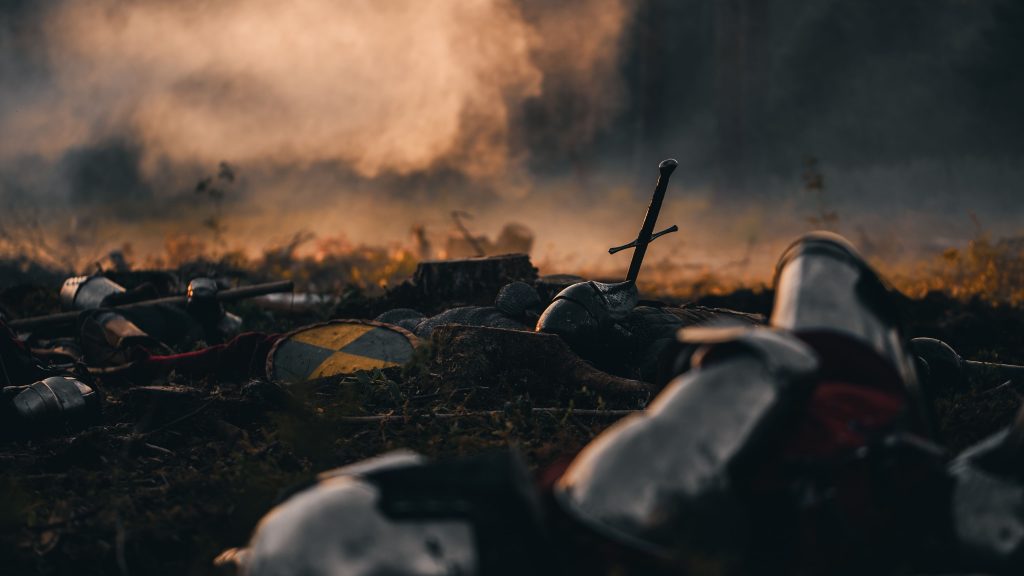
It’s one thing to visit a place, it’s another to build a life there. Vikings didn’t just explore, they settled. They created thriving communities in Iceland, Greenland, and parts of the British Isles.
These weren’t easy places to live. Harsh winters, rugged terrain, and isolation made survival tough, but the Vikings adapted fast.
They brought their farming, building, and trade skills with them and turned wild frontiers into homelands. This resilience made them not just explorers, but true pioneers.
5. They Had an Unmatched Curiosity About the World
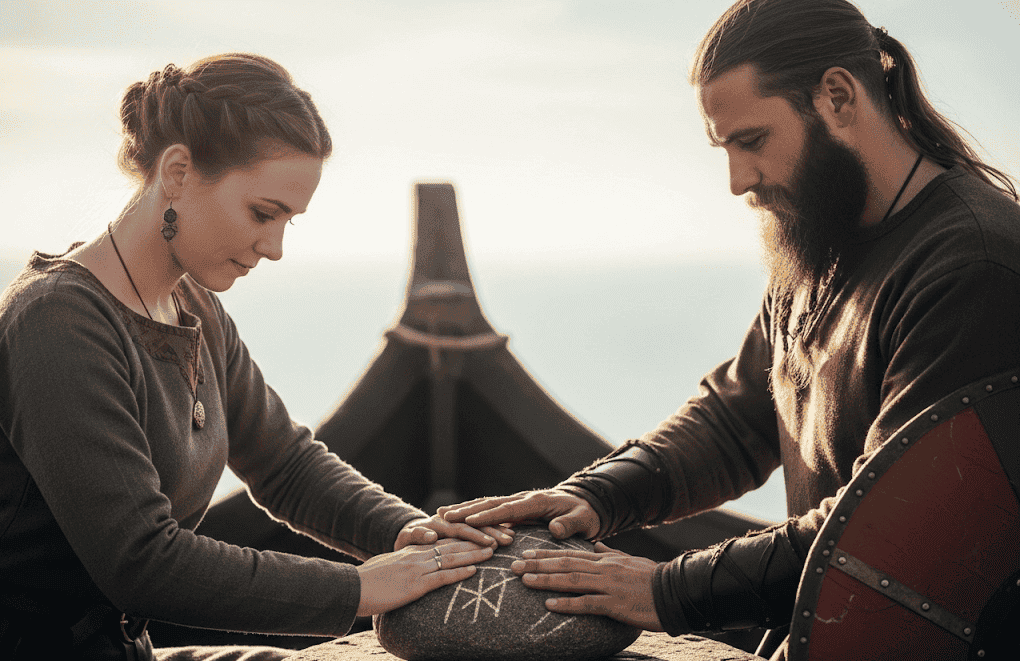
Vikings weren’t just in it for treasure or conquest—many of them were genuinely curious about what lay beyond the horizon.
Their sagas, passed down through oral tradition, are filled with stories of strange lands, unfamiliar people, and wondrous places.
They weren’t afraid to venture into the unknown, even if it meant facing danger or never returning home. That curiosity was a driving force behind their travels.
In a world where fear often kept people close to home, the Vikings boldly asked, “What’s out there?”—and then went to find out.
6. They Merged Exploration with Trade
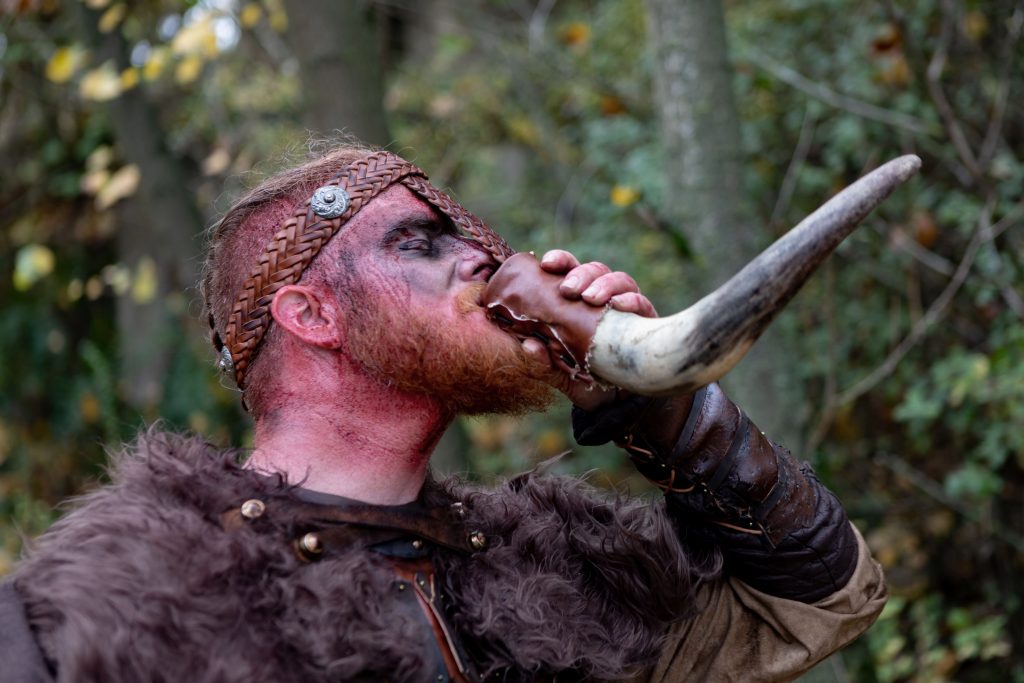
The Vikings weren’t just adventurers; they were clever traders too. Wherever they went, they brought goods and returned with new ones.
They set up trade routes that stretched from Scandinavia to the Middle East and even Central Asia. Their journeys brought them spices, silks, silver, and stories from far-off lands.
This combination of exploration and commerce made them important connectors between cultures. Their travels weren’t just about plunder, they were also about connection, knowledge, and economic opportunity.
7. They Traveled Without Modern Maps or Tools
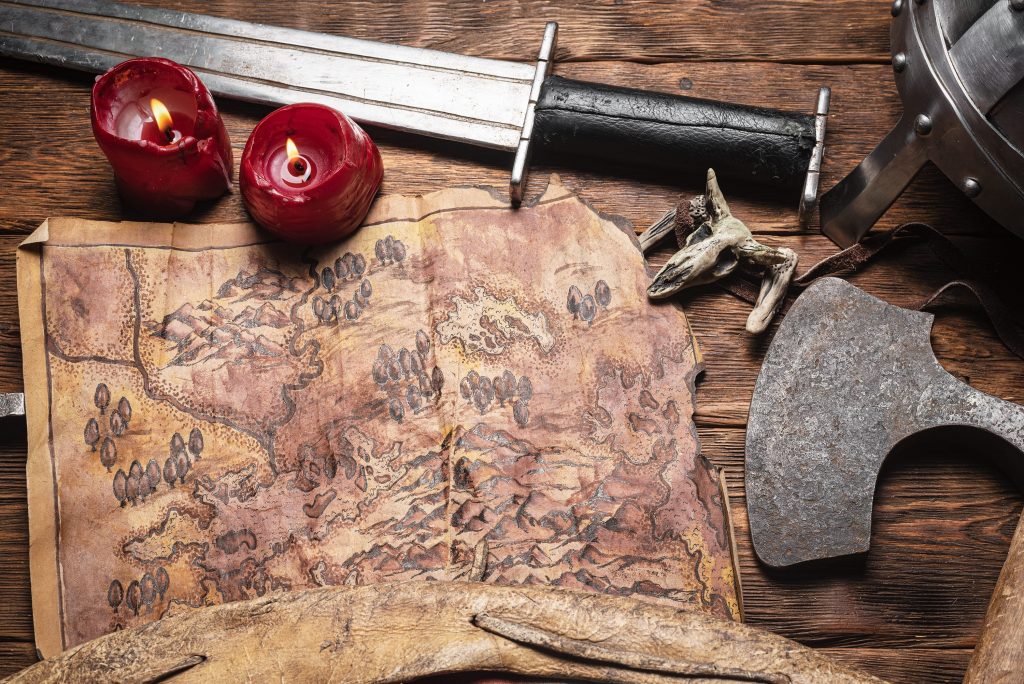
Imagine heading out on a ship with no GPS, no modern maps, and no radios—just your instincts, experience, and a bit of sun.
That’s exactly what the Vikings did. They used natural signs to guide them: the movement of birds, the color of the sky, and even the smell of the ocean.
Some historians believe they used special sunstones to locate the sun on cloudy days. They were incredible navigators who trusted the world around them to lead the way. For their time, this skill was revolutionary.
8. They Inspired Legends Across the Globe
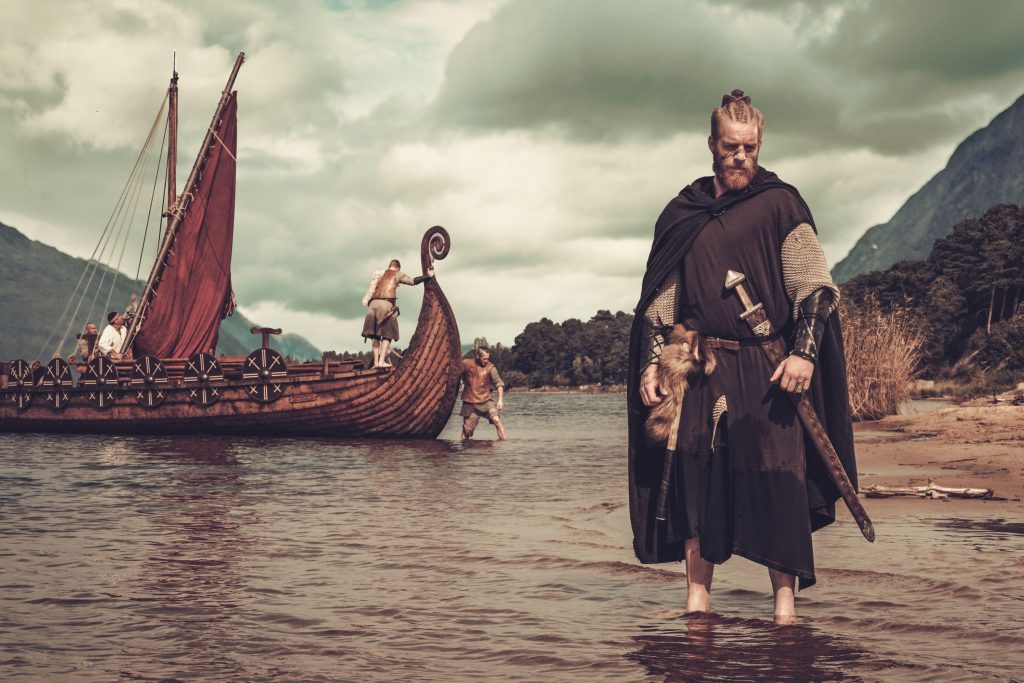
Viking explorers left such an impression that stories about them spread far and wide. In England, France, Ireland, and Russia, tales of their travels and conquests became legend.
They were seen as both feared invaders and admired adventurers. Even centuries later, their journeys inspired maps, myths, and stories.
That kind of legacy doesn’t come from staying home, it comes from making history on the move.
9. They Blended Cultures Through Contact
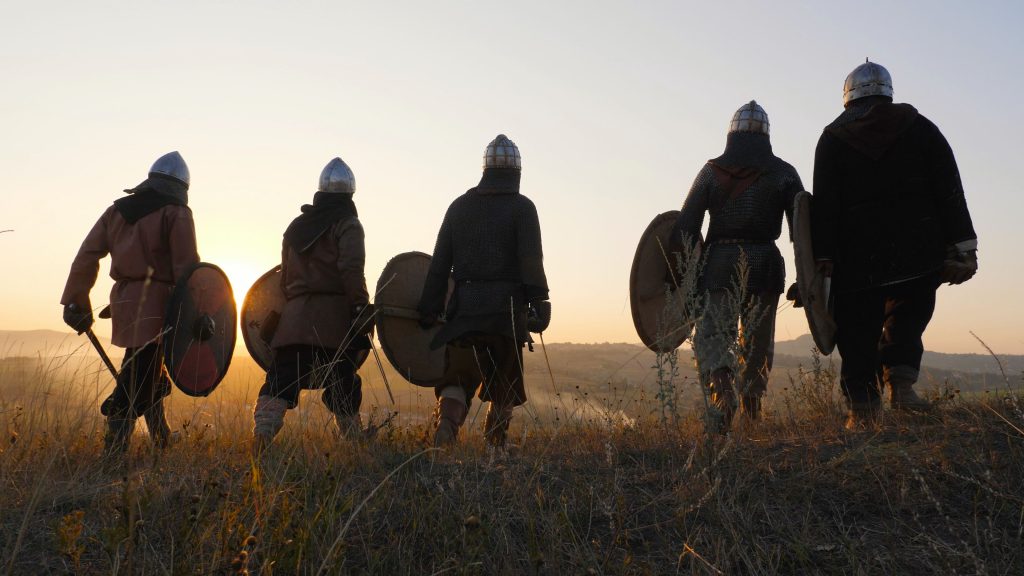
Wherever the Vikings went, they left a mark—but they also took something with them. They weren’t just invaders; they learned from and adapted to the cultures they met.
They brought back new words, foods, and beliefs. In some places, like Normandy, they even integrated and became part of the local nobility.
Their travels helped blend cultures in a time when most societies were isolated. In a way, they were early agents of globalization.
10. Their Spirit of Adventure Still Inspires Us
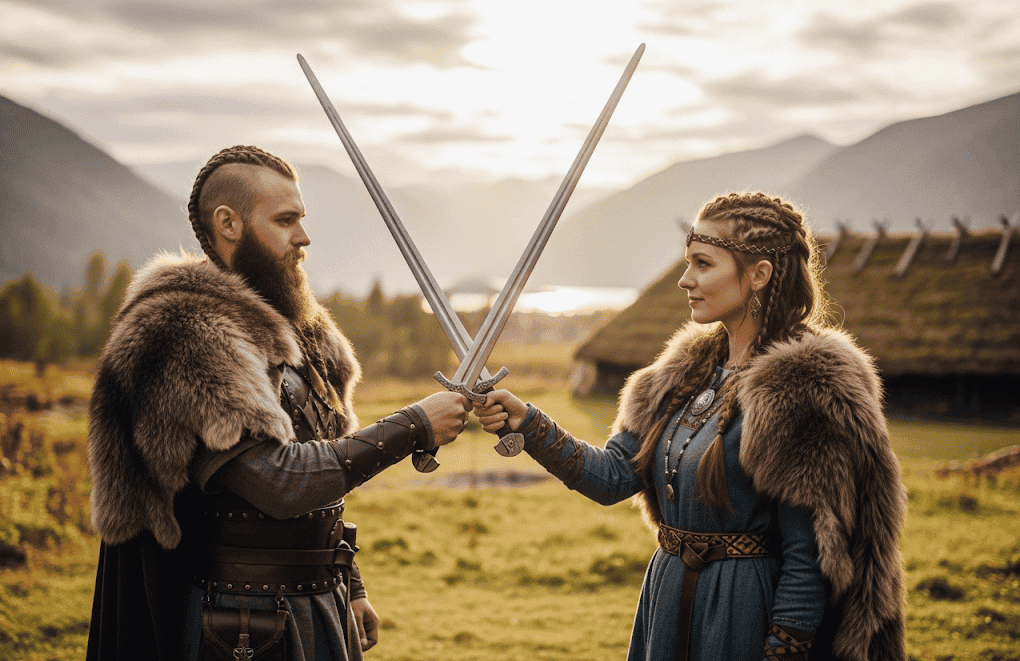
Maybe the most powerful reason the Vikings were the greatest explorers is that their spirit lives on. Their courage, curiosity, and willingness to venture into the unknown still capture our imagination today.
We name sports teams, ships, and even space missions after them. Why? Because they remind us of what it means to be brave.
It means to leave the comfort of home and chase something bigger, even if we don’t know exactly what we’ll find. That’s timeless.

Siempre sentí una fuerte conexión con lo Divino desde mi nacimiento. Como autora y mentora, mi misión es ayudar a los demás a encontrar el amor, la felicidad y la fuerza interior en los momentos más oscuros.

